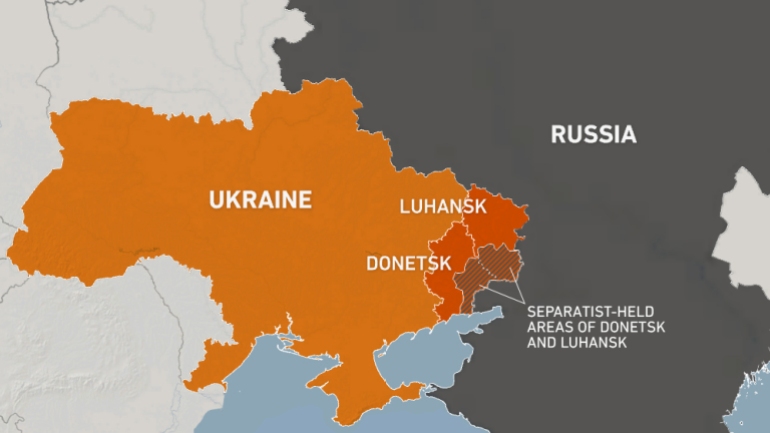US Sanctions on Russia
President Joe Biden of the United States has announced new sanctions against Russia, saying that Moscow’s recognition of two separatist areas in eastern Ukraine as independent as the start of a Russian invasion of its neighbour.
Overview:
- The US has criticized Russia’s decision to recognize Donetsk’s and Luhansk’s independence and the authorizing of the deployment of Russian troops under the guise of maintaining peace in the region.
- The sanction made by the US has targeted the sovereign debt of Russia and two financial institutions of the country which include the military bank of Russia.
- These sanctions being placed means that Russia will no longer be able to raise money from the Western as well as the European markets.
Why were the sanctions placed?
The Russian government recognized Luhansk People’s Republic (LPR) and Donetsk People’s Republic (DPR) as independent regions and signed an agreement with them to establish a military presence in the eastern part of Ukraine. Doing so has made the US term this agreement as to the beginning of the invasion of Ukraine and has thus placed sanctions on Russia.
Other Sanctions Placed on Russia
Following the agreement of Russia with Luhansk and Donetsk, along with the US, other European nations have also placed sanctions on the country. The approval of Nord Stream 2, a USD 11 billion gas pipeline across the Baltic Sea owned by Russia, has been halted in Germany. The UK has placed sanctions against five Russian banks and three Russian billionaires and has threatened that if Russia continues to attack Ukraine, it will be designated as a “pariah state.”
What is a pariah state?
A pariah state, also known as a global or international pariah, is a country that is considered to be an outcast globally. Sanctions, international isolation, or even invasion may be placed on a pariah state by the other countries who find its existence, actions, and policies to be unacceptable.
About Russia-Ukraine crisis
Since 2013, tensions between Russia and Ukraine have escalated over a trade and landmark deal conducted by Ukraine with the European Union. In 2014, Russia annexed Crimea on the excuse of protecting its national integrity. Russia asked for Ukraine to join the Eurasian Economic Community (EAEC), a free trade agreement that was established in 2015 which was refused by Ukraine. Since then, Ukraine is inching towards NATO which is opposed by Russia and Russia considers this to be an expansion by NATO which they say will affect the borders of Russia. All these have led to the Russia-Ukraine crisis.
Month: Current Affairs - February, 2022
Category: International / World Current Affairs


